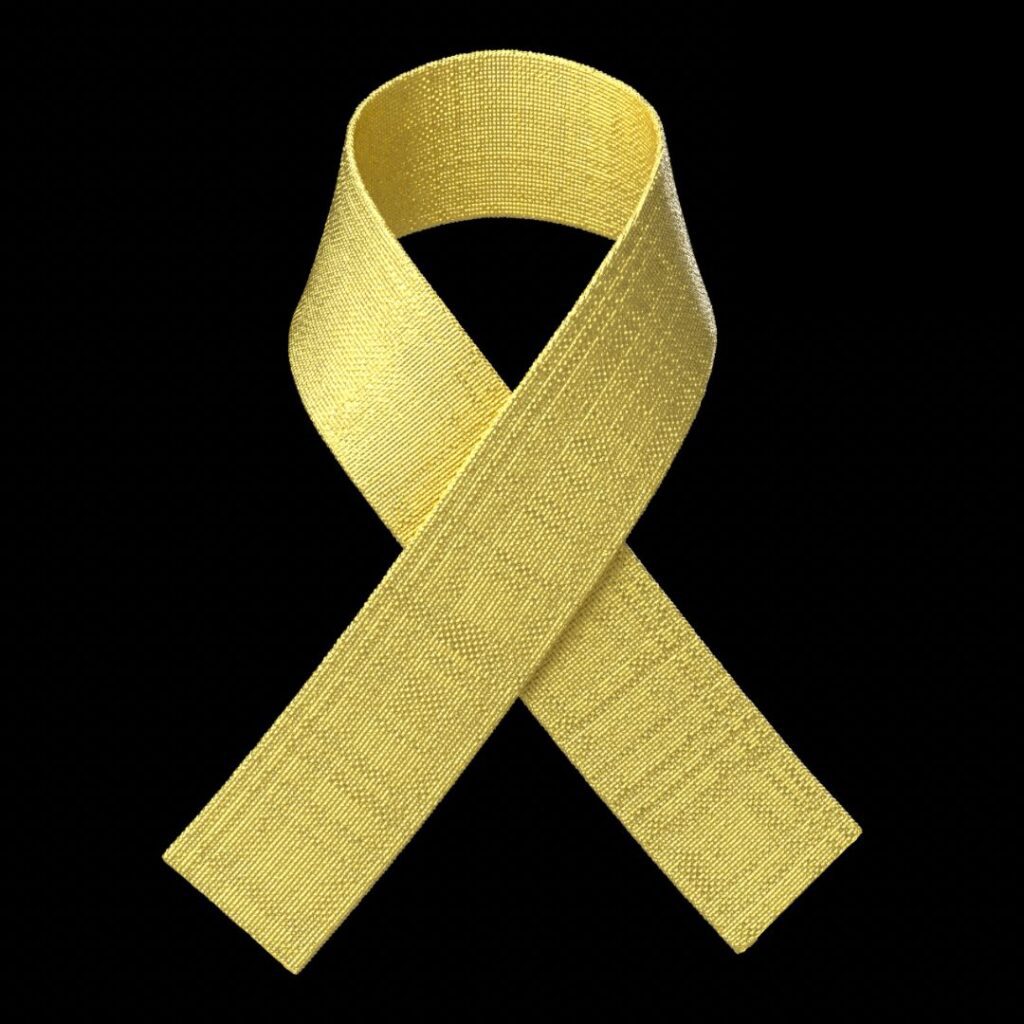Hope, Memory, and Healing After October 7

Rotem is a Jewish Agency Israel Fellow working at a Florida-based university where she teaches Jewish students about the important place that Israel holds in Jewish identity. Rotem is a survivor of the Nova Music Festival massacre that took place on October 7, 2023, and we are honored that she chose to share her story with us. Please read her story with care for yourself and others.
I grew up in Yad Natan in Southern Israel. Sports were always a huge part of my life. I have a degree in physical education from Wingate Institute, and worked as a volleyball coach for a long time. I’ve always believed in helping others, an aspiration I brought to life as a physical education teacher in elementary and high schools, and during a trip to volunteer in Uganda.
For most of my life, I thought that athletics would be where I found my career. But that changed after October 7.
When I think about the fear and horror of that day, it’s sometimes hard to remember how lucky I am. I survived the massacre that Hamas perpetrated at the Nova Music Festival, where 410 people were murdered and 44 hostages were taken into captivity. The four friends who I went to the festival with survived, but so many others didn’t. Two of my friends from Herzliya, Israel, who also came to the festival, an event intended to celebrate peace and love, were murdered by terrorists while they hid in shelters. Today, we continue to mourn those who were killed, and to remember those still being held hostage nearly 600 days after they were taken so brutally.
Growing up in Israel, memory is part of everyday life. We’re surrounded by history, both ancient and modern, and learning that history is part of our survival. That’s one reason Yom HaZikaron, Israeli Memorial Day, is the day before Yom Ha’atzmaut, Israel’s Independence Day. Memory is an essential part of who we are.
But even with the understanding of the role memory plays in my life, for a year after October 7, I was seeped in shock and trauma and chaos. I was searching for myself. I knew I couldn’t really return to the person I was before that day, but I started to understand that I could take my memories and make them into something meaningful. I could move forward with hope.
That’s how I came to be where I am now: serving as a Jewish Agency Israel Fellow, taking the pain that I experienced and turning it into something good by helping Jewish students build a deeper connection to Israel.
In fact, I see the impact of my work every time I share my story of survival, and I am moved by how emotional the students are in response. My students here are so proud to be Jewish, and I am inspired to see how connected they are to Jewish identity, history, and memory.
One recent example of their connection to Judaism was the six-hour vigil they held this year to remember the six million Jews murdered in the Holocaust. This event also inspired the way I approached an exhibit for Yom HaZikaron on campus. Traditionally, Yom HaZikaron is a day to remember fallen Israeli soldiers and victims of terror attacks, which since October 7, has come to include the victims of those attacks as well.
This year, I decided to do something that centered our hope for a better, more peaceful future while honoring those who perished. I displayed an exhibition of photos taken by an IDF soldier who serves as a military photographer. The photos depict soldiers who fought on October 7 and released hostages. Not the hostage posters you see, but real photos of who they were, including their names and their stories. It is displayed at Hillel for everyone to see – underscoring the message that freedom is precious and comes with sacrifice and that focusing on hope for the future, even during dark times, is critical.
The victims of October 7, and all those we have lost to war and terror, deserve to be remembered, even amid heartbreak. Their memories can inspire us to connect with one another, as we feel not just grief, but hope for better days ahead.